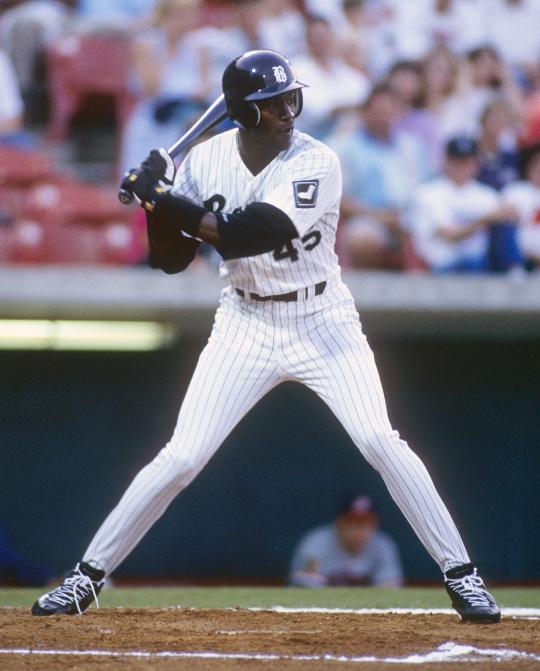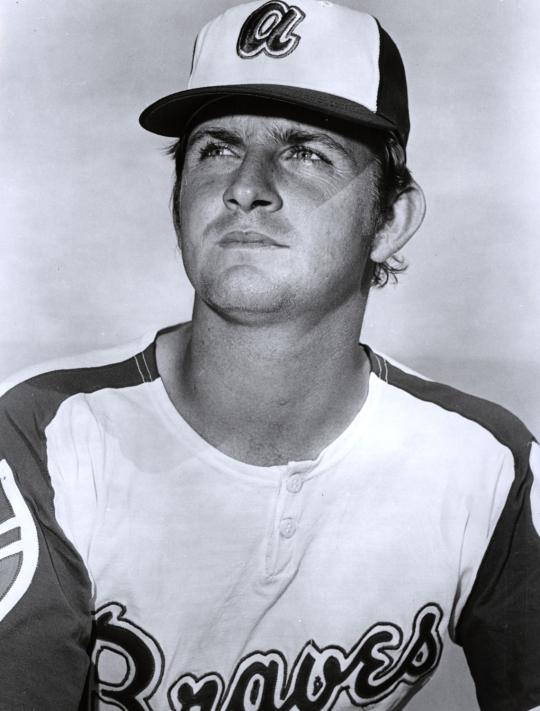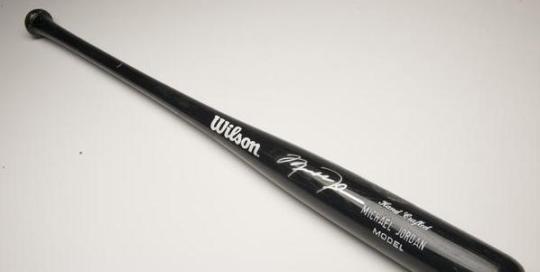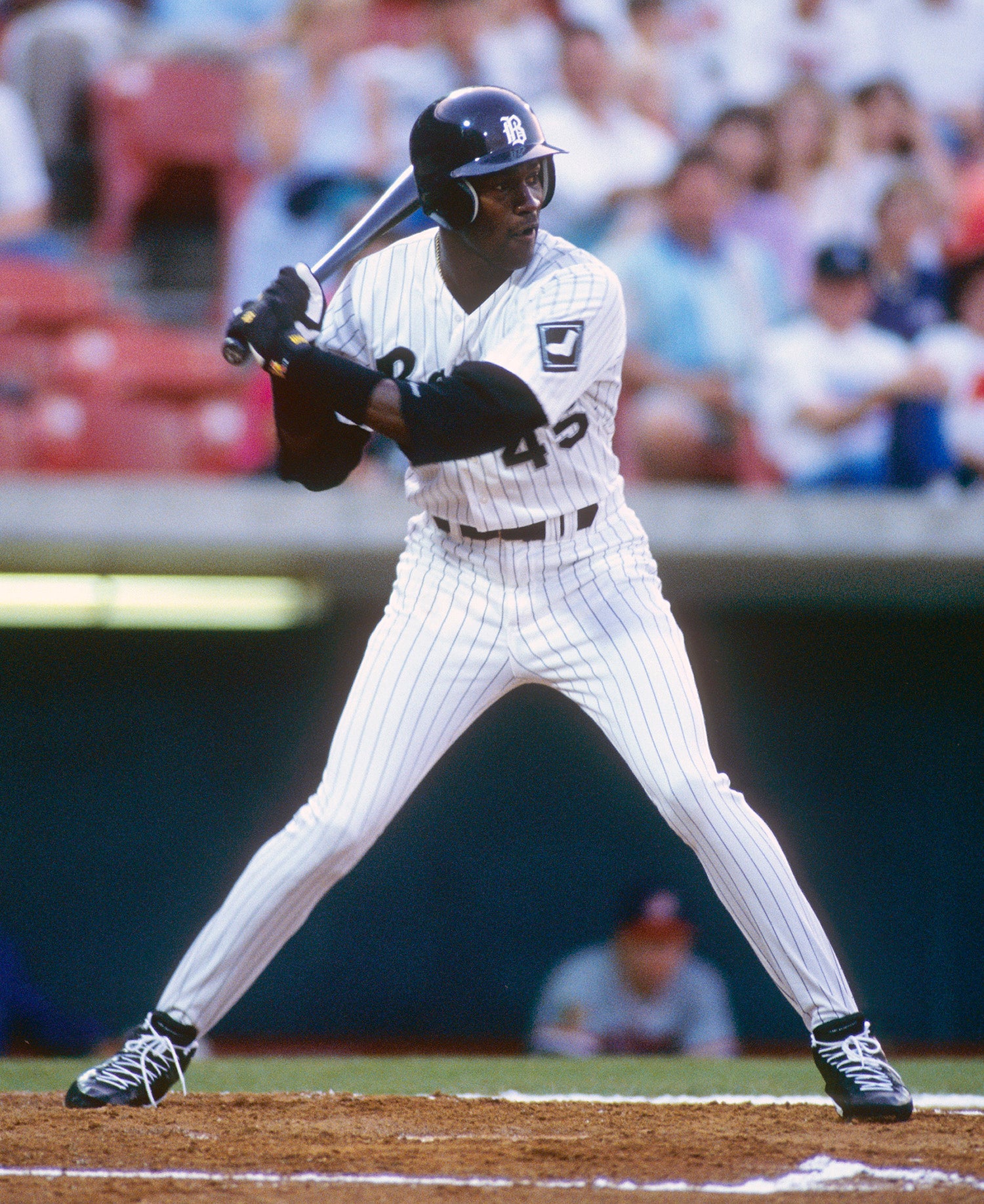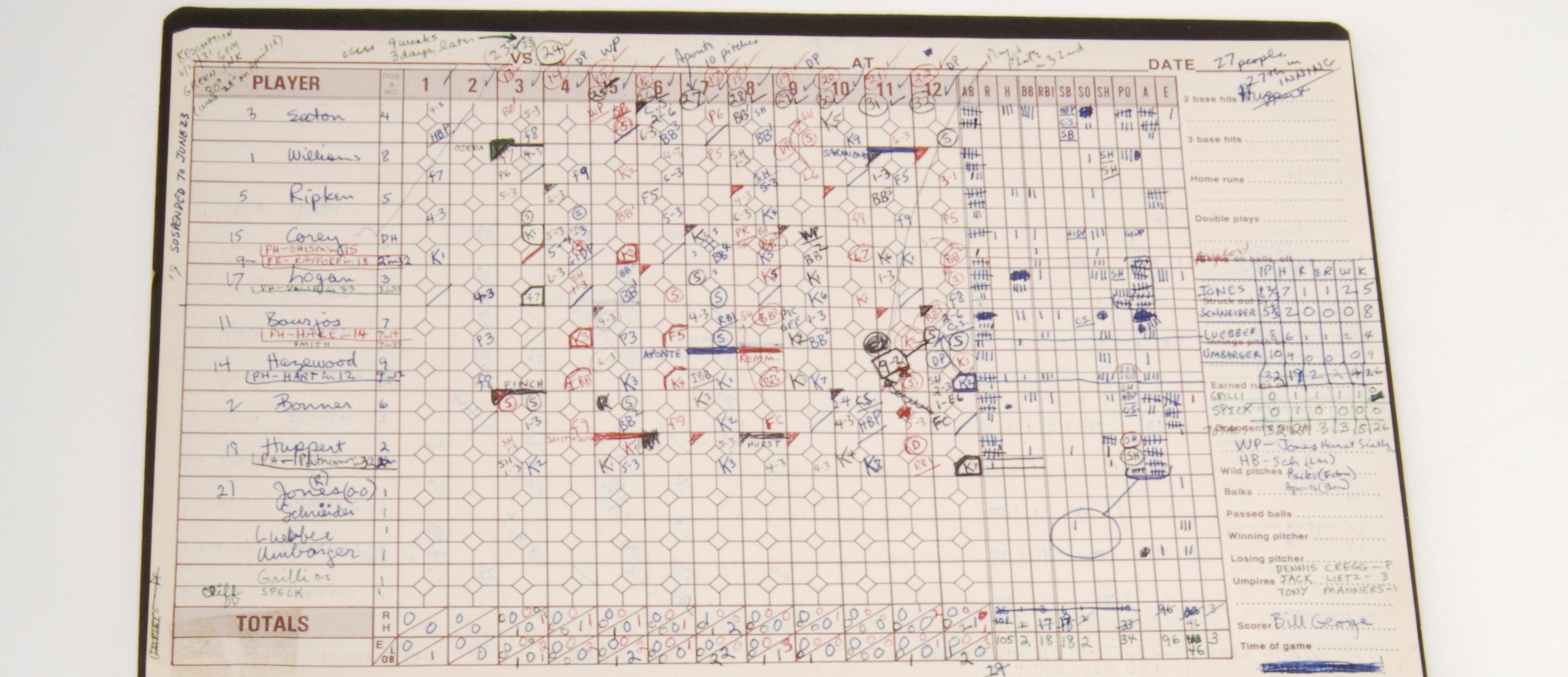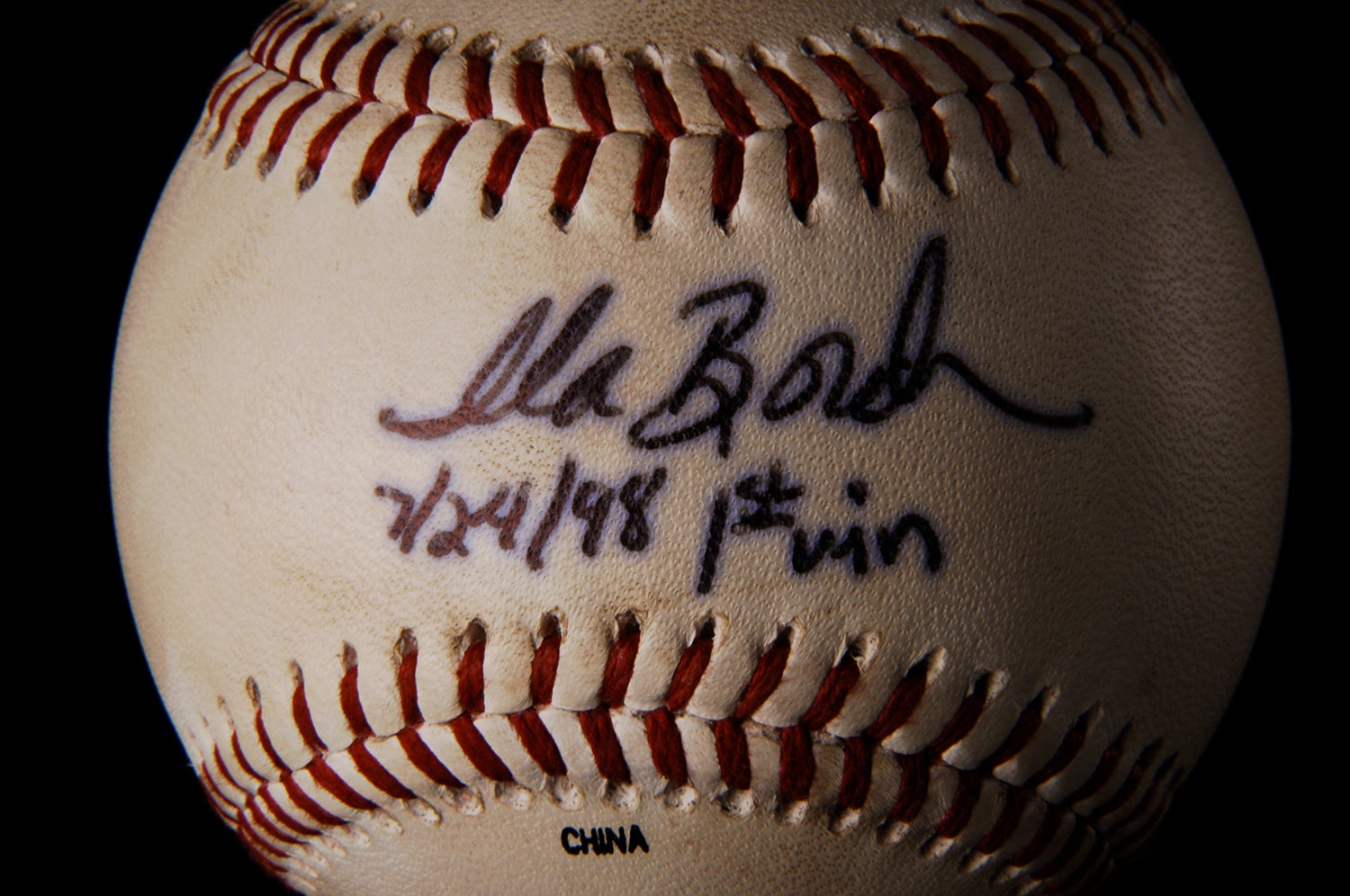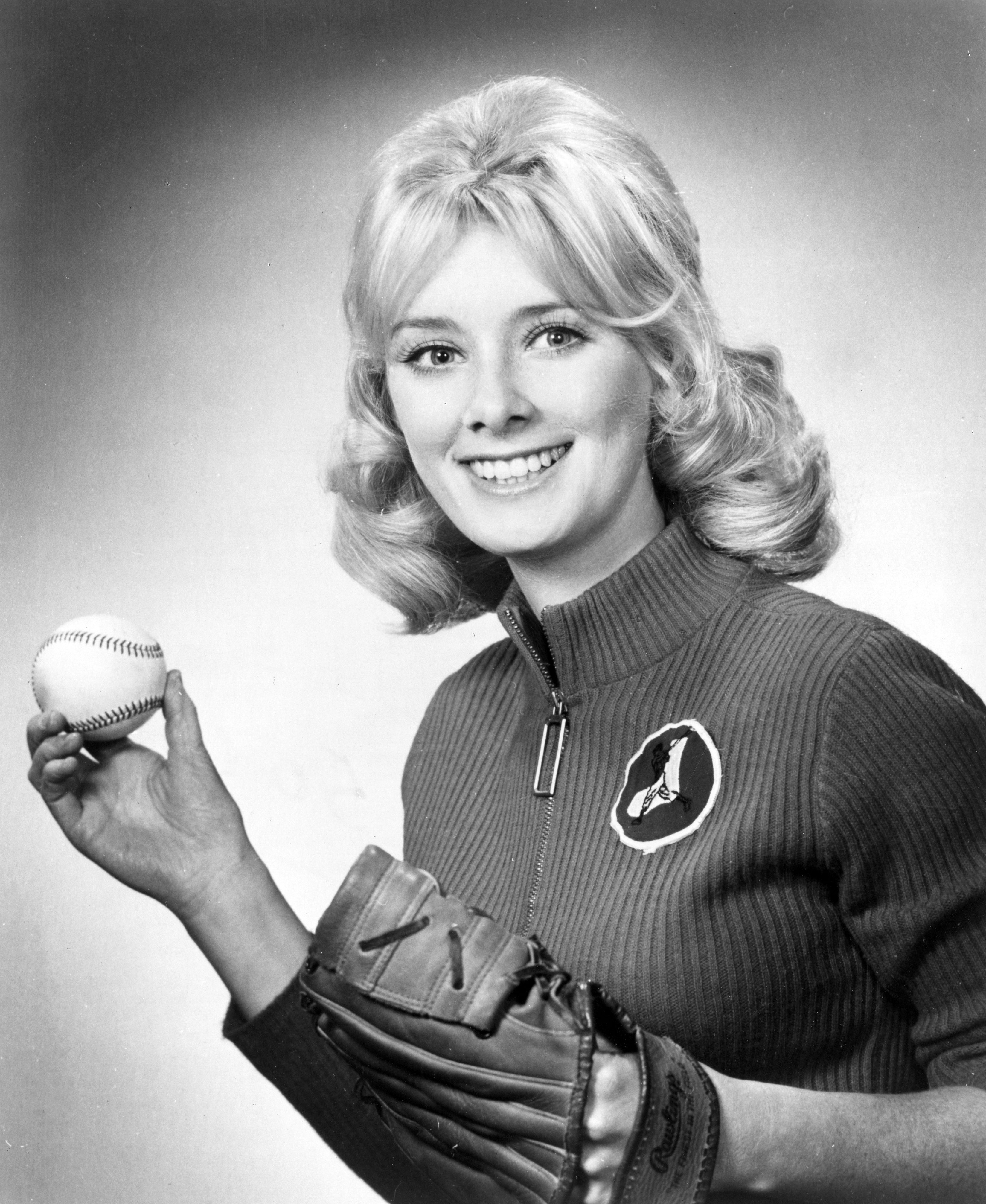- Home
- Our Stories
- #Shortstops: His 'Airness’ Takes on Baseball
#Shortstops: His 'Airness’ Takes on Baseball
Ron Schueler signed, traded, and drafted a multitude of superstars during his reign as general manager of the Chicago White Sox throughout the 1990s.
Mark Buehrle, Albert Belle, and Paul Konerko are just some of the recognizable White Sox that entered the organization thanks to Schueler’s talented eye.
Perhaps the most intriguing signing of Schueler’s career only made it up to the Double-A level, and retired from baseball after only one season in 1994. The player’s slash line wasn’t anything special; he hit just .202 with three home runs, showing off good speed with 30 steals over the course of 127 games.
People came from all over the nation to witness the aging prospect, already 31 years old at the time yet still the cause of unprecedented attendance at the Birmingham Barons’ home stadium. More than 10,000 fans watched number 45 take the field for his debut on April 8, 1994. For the first time since high school, Michael Jordan abandoned the number 23, replaced the headband with a helmet, and embarked on his baseball journey.
Jordan stunned the world, retiring from the NBA after the 1993 season, a season in which he led his Chicago Bulls to a world championship.
The result of this retirement was an immediate pursuit of a baseball career. Jordan had played in high school, pitching well throughout his junior year, but focused solely on basketball throughout college. There had previously been multi-sport athletes like Jim Thorpe, Bo Jackson, and Deion Sanders; those stars had been standouts on several fields. Rarely had an athlete who so completely dominated just one game moved on to another.
The initial adjustment for Jordan must have been strange. Not only was he just an auxiliary player in his new role, but he received the pay of one, too. Schueler told the Associated Press that Jordan would not be receiving any special treatment, and that "unfortunately, when you're a first-year player, you only make $850 a month.” Coming from an annual salary of $4 million, second in the NBA, Jordan would not have nearly the same income during his trial run in Minor League Baseball.
Jordan’s experience in the minors only lasted one year. He officially retired from baseball in March of 1995, and promptly made his return to professional basketball. A year after his return, the Bulls had one of the winningest seasons in NBA history. Jordan’s Wilson bat is preserved in the National Baseball Hall of Fame and Museum’s collection.
Jordan Cohn was a 2018 programming intern in the Hall of Fame’s Frank and Peggy Steele Internship Program for Youth Leadership Development

